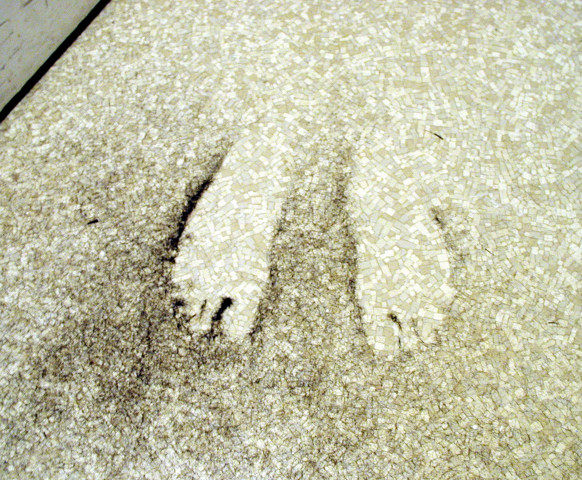Taliban strictures: The unkindest haircut of all
Dilshad describes his life before the brutal Taliban insurgency in Buner as heaven.

Although struck down by paralysis at the age of 15, Dilshad did not lose heart. He learnt the craft of hairstyling from Karachi and became an adept professional. In fact, famous for his stylish hair-cuts, Dilshad even attracted customers from afar.
“I had a love marriage and life for me was a heaven with my eight children. I would earn up to Rs800 per day from my business,” he recalled. “But life turned into hell for me ever since the Taliban appeared in Sultanwas.”
Under the Taliban rule in Swat and Buner, shaving off beards and ‘English’ hair-styles were strictly prohibited. Since then, the barbers association in Swat announced to follow the Taliban’s strictures to escape severe punishments. Many even quit the profession and started other jobs to earn livelihoods without the fear of being executed. “Only sharia hair-styles were allowed. I received three threatening letters from the Taliban to follow their rules in my profession,” Dilshad, prone to cracking jokes, said.
One day a group of five to six masked men entered his shop and searched his premises, but they were unable to find any prohibited tools. “With the blessings of God, I escaped their punishment.”
According to Dilshad, this was the toughest time for him when he felt suffocated and terrorised. When the Taliban’s intervention increased, the owner of building in which his shop was located threw him out and he was rendered jobless.
“Out of compulsion, I started to (work as a manual) labour but the work was not regular and so was earnings, so I opened a shop in which I worked according to their (Taliban) rules. But that, too, was hit by a mortar shell and my only source of income was lost,” he shared.
When the insurgency came to an end, Dilshad returned home with his family but a return to his profession seemed bleak because he did not have a shop or the required material. However, he still did not lose heart and strive hard.
“I started my profession as a mobile barber working in the streets. Then, the workers of the Sarhad Rural Support Programme (SRSP) enlisted me in their programme.”
Under the United Nation Development Programme, which provides grants and training to conflict-stricken communities of Swat and Buner districts to restore their livelihoods, Dilshad was trained for basic and advance enterprise. “After getting the training, I was provided a grant of Rs30,000, which enabled me to open a shop in the Kandaw area of Buner.”
Four of his children, who had given up education because of poverty, have re-started going to schools.
“I can now earn up to Rs400 a day with which I am satisfied. I hope my income will grow in time,” Dilshad, who is used to whistle tunes of popular songs while working, said.
His shop is crowded with young and old people alike.
He, now, only has two desires: “I want to establish my business elsewhere. I also want my children to be educated on modern lines.”
Till then, Dilshad remains a popular character, taking one stride at a time to get his life back on track.
Published in The Express Tribune, February 28th, 2011.













COMMENTS
Comments are moderated and generally will be posted if they are on-topic and not abusive.
For more information, please see our Comments FAQ